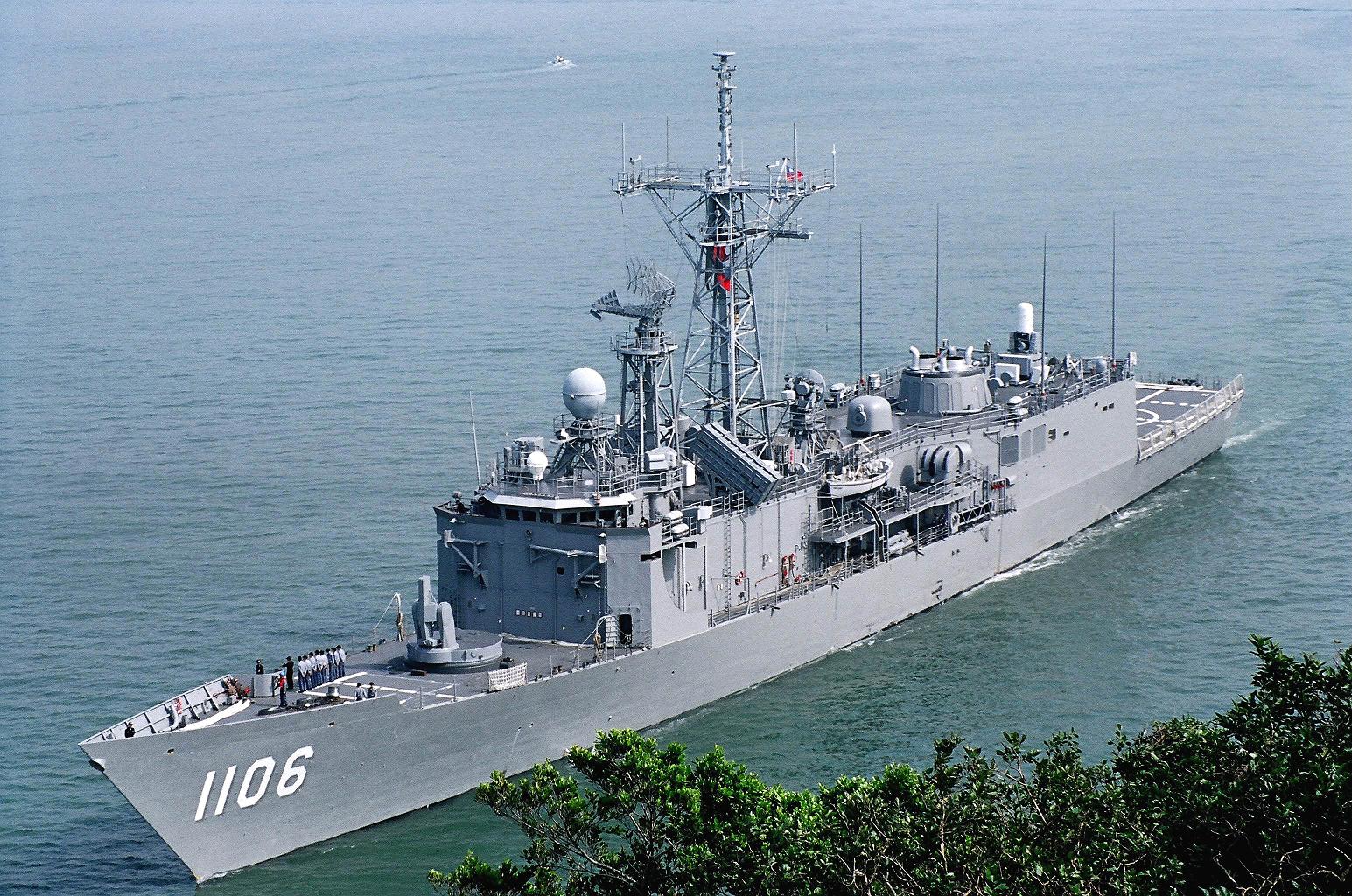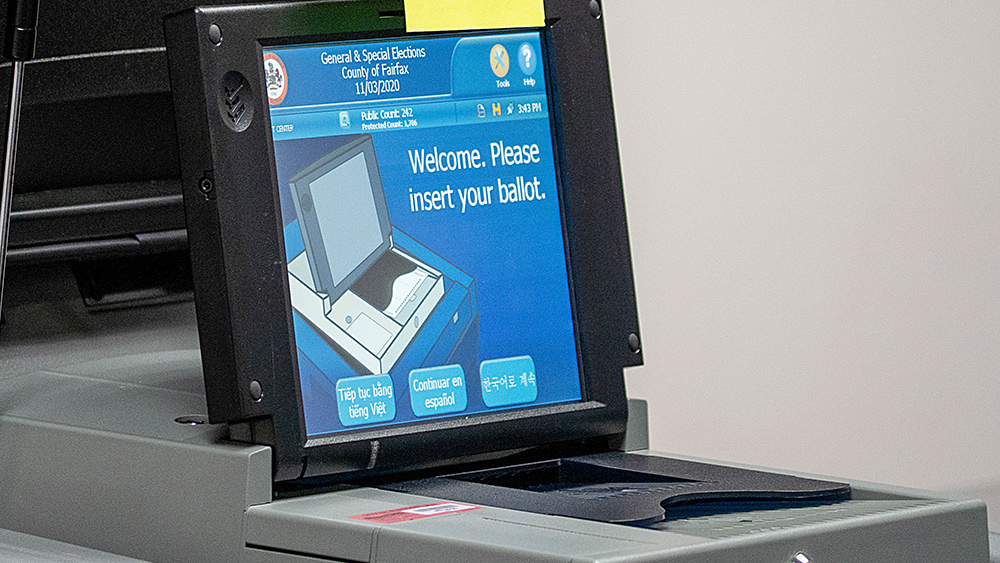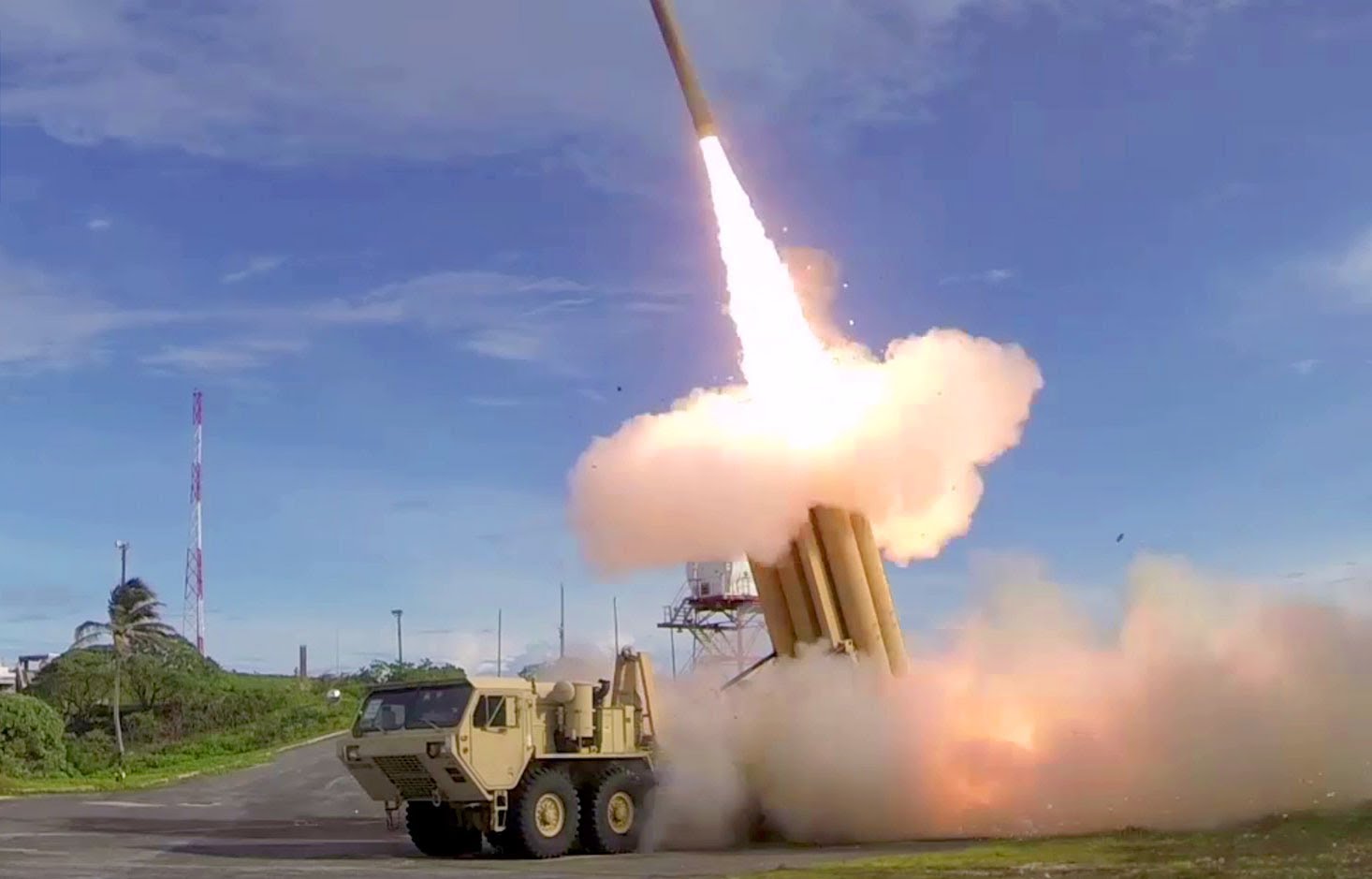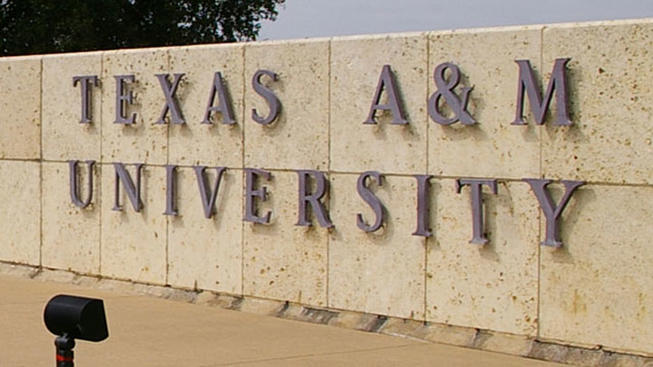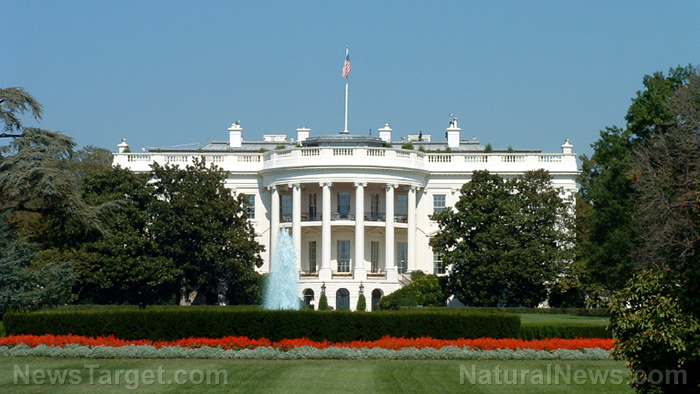White House places new visa restrictions on Chinese officials engaged in human rights violations
12/24/2020 / By Arsenio Toledo

The United States on Monday, Dec. 21, issued several additional visa restrictions specifically targeting Chinese officials who have directly engaged in human rights abuses such as cracking down on freedom of religion and freedom of speech.
“China’s authoritarian rulers impose draconian restrictions on the Chinese people’s freedoms of expression, religion or belief, association and the right to peaceful assembly,” said Secretary of State Mike Pompeo in a statement made during a press conference announcing the new restrictions. “The United States has been clear that perpetrators of human rights abuses like these are not welcome in our country.”
Pompeo announced that he is imposing additional restrictions on Chinese officials who may be responsible for or complicit in actions or policies that suppress many sectors of Chinese society including political dissidents, ethnic and cultural minority activists, human rights defenders, journalists, democracy protesters and labor and civil society organizers.
The Trump administration is imposing these restrictions under the Immigration and Nationality Act of 1965.
The Chinese Communist Party has policies that actively suppress many groups of people in China that do not toe the party line, including many Christian groups, practitioners of the Falun Gong religious movement, Tibetan human rights activists, Uyghur self-determination activists in Xinjiang and Hong Kong democracy protesters.
Pompeo said that the United States stands in solidarity with those being persecuted in China “for their peaceful efforts to exercise their rights.” Pompeo mentioned some of the people China is currently persecuting, including civil rights activist and lawyer Xu Zhiyong, Christian house church pastor Wang Yi of the Calvinist Early Rain Covenant Church, civil society and human rights activist Huang Qi, economist and Uyghur rights activist Ilham Tohti and Hong Kong entrepreneur and democracy activist Jimmy Lai. (Related: Chinese agents arrested for stalking and attempting to coerce Chinese dissidents into returning to China.)
The United States’ ties with China have become increasingly antagonistic since the start of the administration of President Donald Trump, who has taken a hardline stance against Beijing’s aggression in Asia, such as their interference in Hong Kong affairs through the imposition of a “national security” law that allows the government to arrest activists, as well as their expansion into the South China Sea.
The White House has even placed travel bans and financial sanctions on Chinese officials who are known to play a part in the regime’s crackdown on the culturally distinct Uyghur population in the western province of Xinjiang, as well as on actors accused of restricting social and political rights against Hong Kongers.
Earlier this month, the White House also placed visa restrictions on members of the Chinese Communist Party and their immediate family members. China responded by revoking visa exemptions for Americans with diplomatic passports – including members of Congress and personnel at several well-known non-governmental organizations – who want to visit Macau and Hong Kong, China’s two semi-autonomous regions.
“China once again urges the United State stop immediately stop meddling in Hong Kong affairs and interfering in China’s internal affairs, and not to go further down the wrong and dangerous path,” said Hua Chunying, spokeswoman for the Chinese foreign ministry.
Political analysts believe this is the first salvo in a series of harsher and harsher sanctions that the Trump administration will place on China before the end of January 2021.
White House also targets companies with connections to Chinese military
The Trump administration has also announced a series of punitive actions against Chinese companies, with the Department of Commerce releasing a list of Chinese companies that will be blocked from purchasing American technology.
Around 58 Chinese companies and 45 Russian ones were sanctioned by the Commerce Department’s first tranche of “military end user” (MEU) companies.
“This action establishes a new process to designate military end users on the MEU list to assist exporters in screening their customers for military end users,” said Commerce Department Secretary Wilbur Ross.
Most of the sanctioned companies are part of the aviation and aerospace sectors. One of the companies placed on the MEU list is the Aviation Industry Corporation of China, a state-owned military contractor that is a key supplier of commercial aircraft for China.
Some other companies included in the list are Chinese drone manufacturer SZ DJI Technology; Semiconductor Manufacturing International Corporation, one of the country’s top chipmakers; the Beijing Institute of Pharmacology and Toxicology’s Laboratory of Toxicant Analysis; and the Ministry of Natural Resources’ Second Institute of Oceanography.
Ross talked about how important it is to identify corporations that support the military industries of belligerent nations.
“The Department recognizes the importance of leveraging its partnerships with U.S. global companies to combat efforts by China and Russia to divert U.S. technology for their destabilizing military programs, including by highlighting red flag indicators such as those related to Communist Chinese military companies identified by the Department of Defense.”
Ross stated that the administration has the right to expand the list to include more corporations that conduct business with China’s military, the People’s Liberation Army. The full list will be published by the U.S. Federal Register on Tuesday, Dec. 22, for a period of public comment before the restrictions take effect.
The announcement specifies that the list does not exempt Chinese corporations from sanctions placed upon them under different laws or executive orders.
Learn more about the Chinese institutions the White House is keeping their eye on, as well as the actions the administration is taking to prevent the communist regime from having too much power at NationalSecurity.news.
Sources include:
Submit a correction >>
Tagged Under:
China, Chinese dissidents, civil rights, communism, democracy, enslaved, evil, Falun Gong, government, Hong Kong, human rights, Mike Pompeo, People's Liberation Army, politics, sanctions, Tibet, Trump administration, uyghurs, visa restrictions, Wilbur Ross, Xinjiang
This article may contain statements that reflect the opinion of the author
RECENT NEWS & ARTICLES
COPYRIGHT © 2020 CommunistChina.News
All content posted on this site is protected under Free Speech. CommunistChina.News is not responsible for content written by contributing authors. The information on this site is provided for educational and entertainment purposes only. It is not intended as a substitute for professional advice of any kind. CommunistChina.News assumes no responsibility for the use or misuse of this material. All trademarks, registered trademarks and service marks mentioned on this site are the property of their respective owners.

